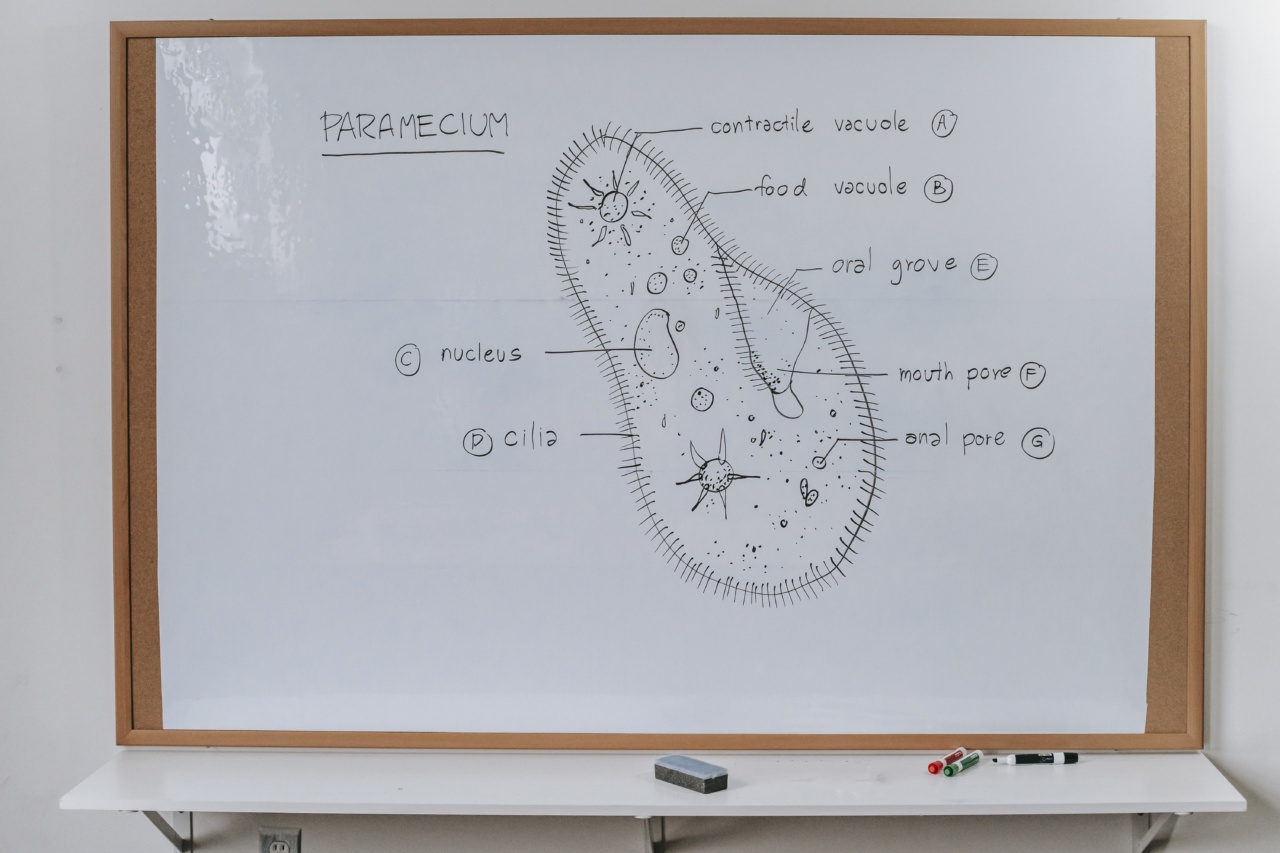Kidney cell carcinoma (KCC) is a type of cancer that affects the renal tubules in the kidneys. It’s one of the most common forms of kidney cancer and accounts for around 90% of all kidney cancer diagnoses.
Although KCC can be treated with surgery, chemotherapy, and radiation therapy, these treatments are often not effective in advanced stages of the disease.
However, a new study has found an effective treatment for KCC that shows promising results in clinical trials.
The Study
The study, which was conducted by researchers at the University of California San Francisco, focused on a new drug called tivozanib.
Tivozanib is a type of drug called a tyrosine kinase inhibitor, which works by blocking the action of a protein called VEGFR, which is involved in the growth and spread of cancer cells.
The researchers conducted a phase III clinical trial, which involved 350 patients with advanced KCC who had received prior treatment with another tyrosine kinase inhibitor.
The patients were randomly assigned to receive either tivozanib or sorafenib, another tyrosine kinase inhibitor that is currently used to treat KCC.
The results of the trial showed that the patients who received tivozanib had a significant improvement in progression-free survival (PFS) compared to those who received sorafenib.
PFS is the length of time during and after treatment that a patient’s cancer does not grow or spread.
The median PFS for patients who received tivozanib was 11.9 months, compared to 9.1 months for those who received sorafenib.
Tivozanib also had a better side effect profile than sorafenib, with fewer patients experiencing side effects such as fatigue, diarrhea, and hand-foot syndrome.
Future Implications
The results of this study are significant because they provide a new treatment option for patients with advanced KCC who have previously received tyrosine kinase inhibitor therapy.
Tivozanib could potentially become a first-line treatment for KCC, which would improve outcomes for patients with this disease.
However, more research is needed to confirm the effectiveness of tivozanib in larger patient populations and in different stages of the disease.
The drug is currently undergoing further clinical trials to assess its efficacy in other types of cancer, including metastatic breast cancer and renal cell carcinoma.
Conclusion
The study conducted by researchers at the University of California San Francisco has identified a new treatment option for patients with advanced kidney cell carcinoma.
Tivozanib, a tyrosine kinase inhibitor, has been shown to be effective in improving progression-free survival and has a better side effect profile than other tyrosine kinase inhibitors currently used to treat the disease. The results of the study provide hope for patients with advanced KCC, and further research is needed to confirm the effectiveness of the drug in larger patient populations.























